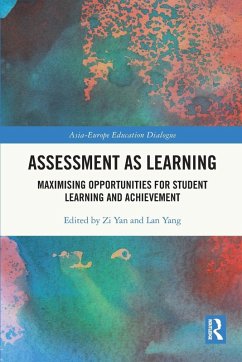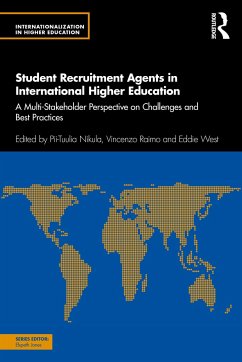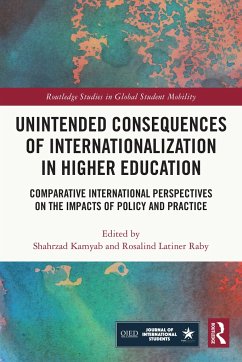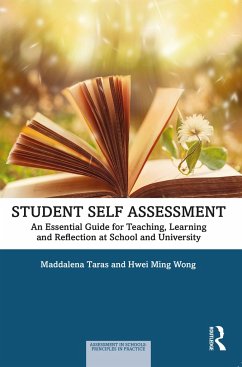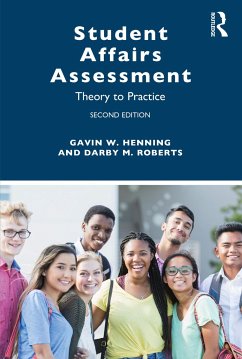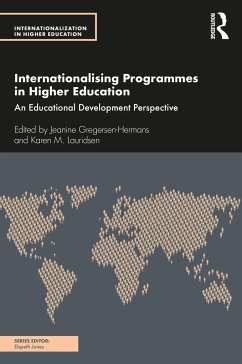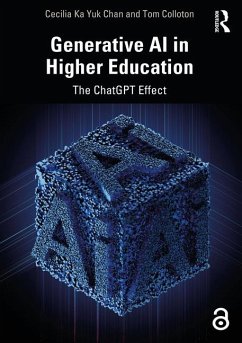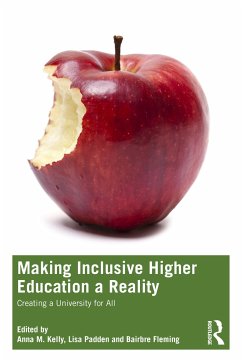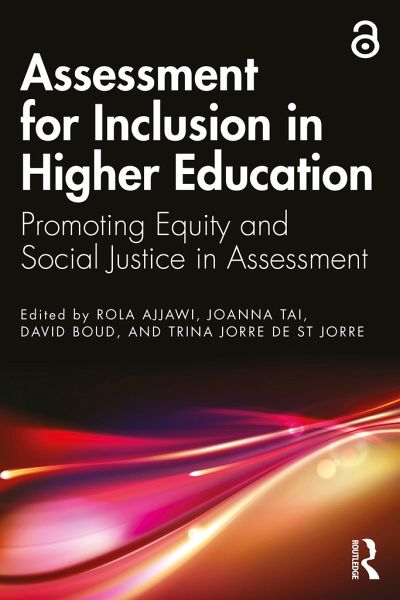
Assessment for Inclusion in Higher Education
Promoting Equity and Social Justice in Assessment
Herausgeber: Ajjawi, Rola; Boud, David; Tai, Joanna
Versandkostenfrei!
Versandfertig in 1-2 Wochen
46,99 €
inkl. MwSt.

PAYBACK Punkte
23 °P sammeln!
Bringing together international authors to examine how diversity and inclusion impact assessment in higher education, this book provides educators with the knowledge and understanding required to transform practices so that they are more equitable and inclusive of diverse learners.





